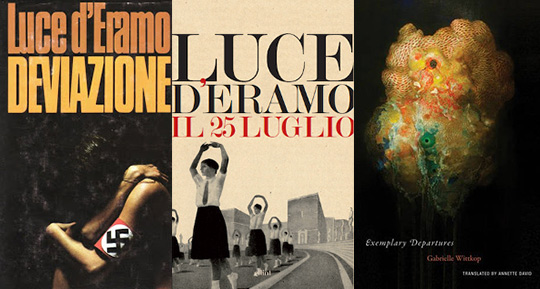Twenty-six years after her death, Ismat Chughtai (1915-1991) is one of Urdu’s most famous short story writers; among her immediate contemporaries, only Saadat Hasan Manto’s reputation matches hers, and we can confidently say that she has no successor.
The Quilt, the first of her works to be presented to international audiences in the year of her death, was a collection of her short fiction. The title story, which had a lesbian theme, created a scandal and attracted the ire of colonial censors when it was first published in the early forties. Other stories in the volume proved the author to be a storyteller of the finest calibre. In 1995, more than half a century after its original debut, a translation of her magnificent feminist bildungsroman, The Crooked Line (1942), where the heroine’s life paralleled her own, pre-empted and fictionalised many of the ideas from Simone de Beauvoir’s The Second Sex. Although it is still in print in the US with the pioneering Feminist Press, the UK edition has been discontinued. Several more translations of her stories, essays, memoirs, and long and short fiction, accompanied by a slew of biographical and critical studies, have enhanced her reputation year by year and made her one of the most translated writers across the subcontinent. However, they have only been published in India and Pakistan and have not been picked up by Anglo-American publishers.
Chughtai’s fiction ranges from stories for children and reminiscences of her friends and family, to the harrowing low life in Bombay’s slums and drug-fuelled high life in the city’s gaudy film world, to a novel about Islam’s first martyrs—a choice that surprises admirers of this iconic socialist-feminist icon. But even today some critics claim that The Quilt overshadows her other fictions and use the early stories to measure her later work. Others, including myself, would say this is grossly untrue: Ismat, though she preferred to write about what she knew best, was versatile within her chosen range of subversive kitchen sink drama and outspoken social satire, as we can see from the several renditions into English of all her major works by Tahira Naqvi, her most frequent translator, which are published in Delhi by the pioneering Women Unlimited (Penguin India also publishes a handful of translations by Mohammad Asaduddin).



